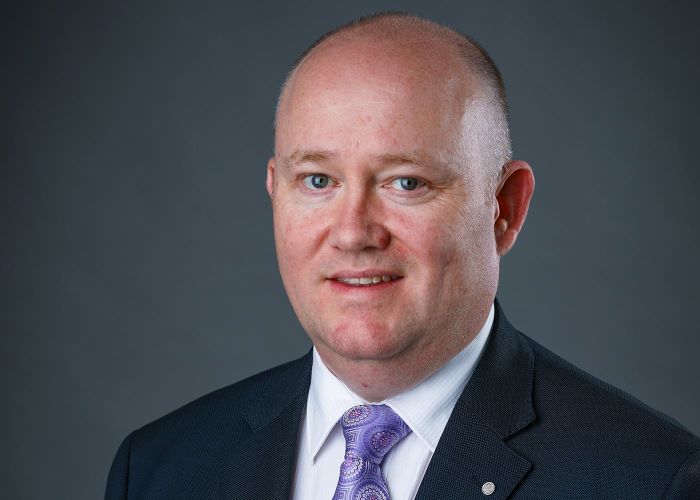
We were delighted to welcome Commissioner Shane Fitzsimmons, Resilience NSW, to our monthly In Conversation With… series on Tuesday.
After talking about his experiences with the many disasters NSW has endured over the last 18 months – bushfires, floods, COVID-19, drought and even a mouse plague – Commissioner Fitzsimmons spoke about the importance of strong connections and cohesion at a local level.
It is imperative to be more proactive and not just reactive as partners working out what the government and services can each offer to help with healing, not just rebuilding, he said.
Participants stressed the importance of communication and consultation at a much more local level.
They felt that most directives in the face of disaster and post-disaster were implemented from a Command and Control level rather than a grassroots, place-based position.
Capability, capacity and competence in true community engagement at a local level need to be invested into policies across the state to ensure consistency.
Communities need to be brought to any decision-making table, including volunteers. Their local knowledge is imperative to any directives and healing.
Commissioner Fitzsimmons mentioned the increased capacity across the state, with six new regional offices. He is also chairing a State Committee, partnering with local organisations to make progress, utilising local structures and improving welfare services during and in the aftermath of disasters.
We appreciate that not all questions were answered, but Fams was pleased we were invited to continue the conversation with Commissioner Fitzsimmons and his team.
It was also pleasing that Commissioner Fitzsimmons wants to attend future sector forums to hear directly from you on issues that matter most to you.
We will report back as the relationship unfolds. Resilience NSW will not take their hands off the pulse once a disaster is over. The connections need to continue.



